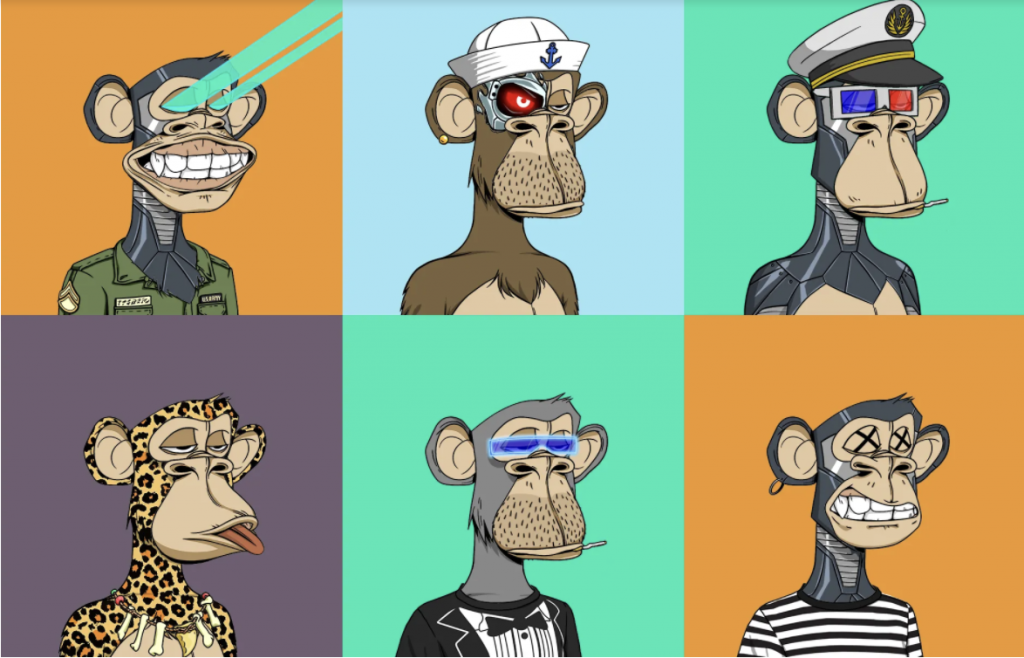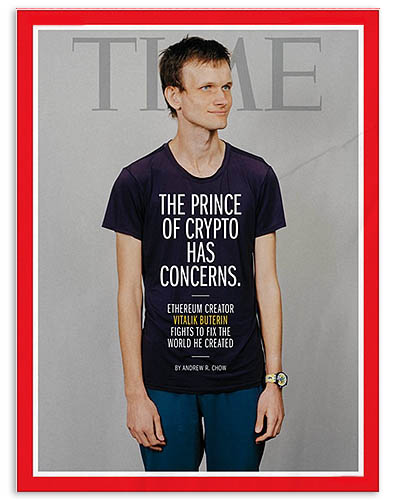- ApeCoin is cryptocurrency but the money it creates is real enough
- Emperor Tomato Ketchup and friends suddenly made it big
- Coins were “airdropped”, with some people becoming instant millionaires
- Americans and Hong Kongers played key roles in the launch
A NEW CRYPTOCURRENCY token has been an instant hit, with US$9 billion worth being traded in the first 24 hours, according to MarketCap.com.
Known as ApeCoin, it was issued on Thursday [March 17 2022] by the Bored Ape Yacht Club, a company which has no connection to apes or yachts, and is definitely not boring. The club itself doesn’t actually exist, excepts as a cartoon image (see top) on a website.
The launch was a masterclass in how to make untold wealth for a group of people out of literally nothing at all.
HERE’S THE STORY
A firm called Yuga Labs set up a consortium called Bored Ape Yacht Club with some influential people around the world. These included Hong Kong’s hot NFT firm Animoca Brands, and the venture capital firm Andreessen Horowitz.
Who’s behind Yuga Labs? Let’s say that the word “mysterious” hardly does them justice. One of the four founding individuals goes by the online name Emperor Tomato Ketchup. Yes, they are that hip. Most members appear to be 30-something techies in the United States.
But they have important friends. They revealed that the ApeCoin has a board which includes Alexis Ohanian, co-founder of Reddit, Amy Wu, head of ventures at FTX, and Yat Siu, chairman of Animoca Brands in Hong Kong.
AIRDROP LAUNCH
The “yacht club” organized a new currency based on the Ethereum blockchain, and issued a billion units of ApeCoin. These were then distributed on Thursday in what’s known as “an airdrop” – the sudden issuance of the units in all directions.
About half were put into a fund held by the ApeCoin organization itself. Some 14 per cent of these were then given to the Bored Ape group members who specialized in next generation commerce, such as Hong Kong’s Animoca and American’s Andreessen. Fifteen per cent were kept by Yuga, and the same amount were assigned to people who hold Bored Ape NFTs (US$250 pictures of a cartoon ape, each with a unique digital signature).

THEY OWNED CARTOONS
It’s this last group who are luckiest of all. They received 10,094 ApeCoins for every cartoon ape they own. Each coin was worth nothing or US$39 or any number in between, thanks to the volatility of trading. It appears to have settled at about US$15, meaning that the cartoon primate won them US$150,000 per image.

Many people, particularly in the media, are jumping on the NFT bandwagon. On Saturday it was revealed that Time magazine would release an entire magazine as an NFT (yes, it has a young geek in a t-shirt and jeans on its cover).
South China Morning Post CEO Gary Liu revealed that he would be moving to head up a related NFT company as soon as the newspaper found someone else to take his current post.
YES, IT’S MAD
The whole thing, of course, is insane. But the money in people’s bank accounts, as long as they cash it in at the right time, is entirely real.
Yuga overnight became a company worth US$1.2 billion. Emperor Tomato Ketchup can buy a large amount of his favorite foodstuff.
And pretend money is becoming solid objects. Restaurateur Andy Nguyen is using his cartoon ape design as a brand for a new restaurant in California, called Bored and Hungry — packaging design below. If the eatery is a hit, the value of his investment should rise too.

What to make of all this? It’s curious. Hong Kong has always been big on new financial ventures, such as cryptocurrencies and NFTs. But mainland China is a bit more circumspect.
Historically in Chinese culture, writers and peasant farmers were top of the list of professions, because they produced tangibly positive elements for humanity: wisdom and food.
Merchant speculators were the lowest element, because they produced nothing.
Image at the top from Bored Ape Yacht Club
